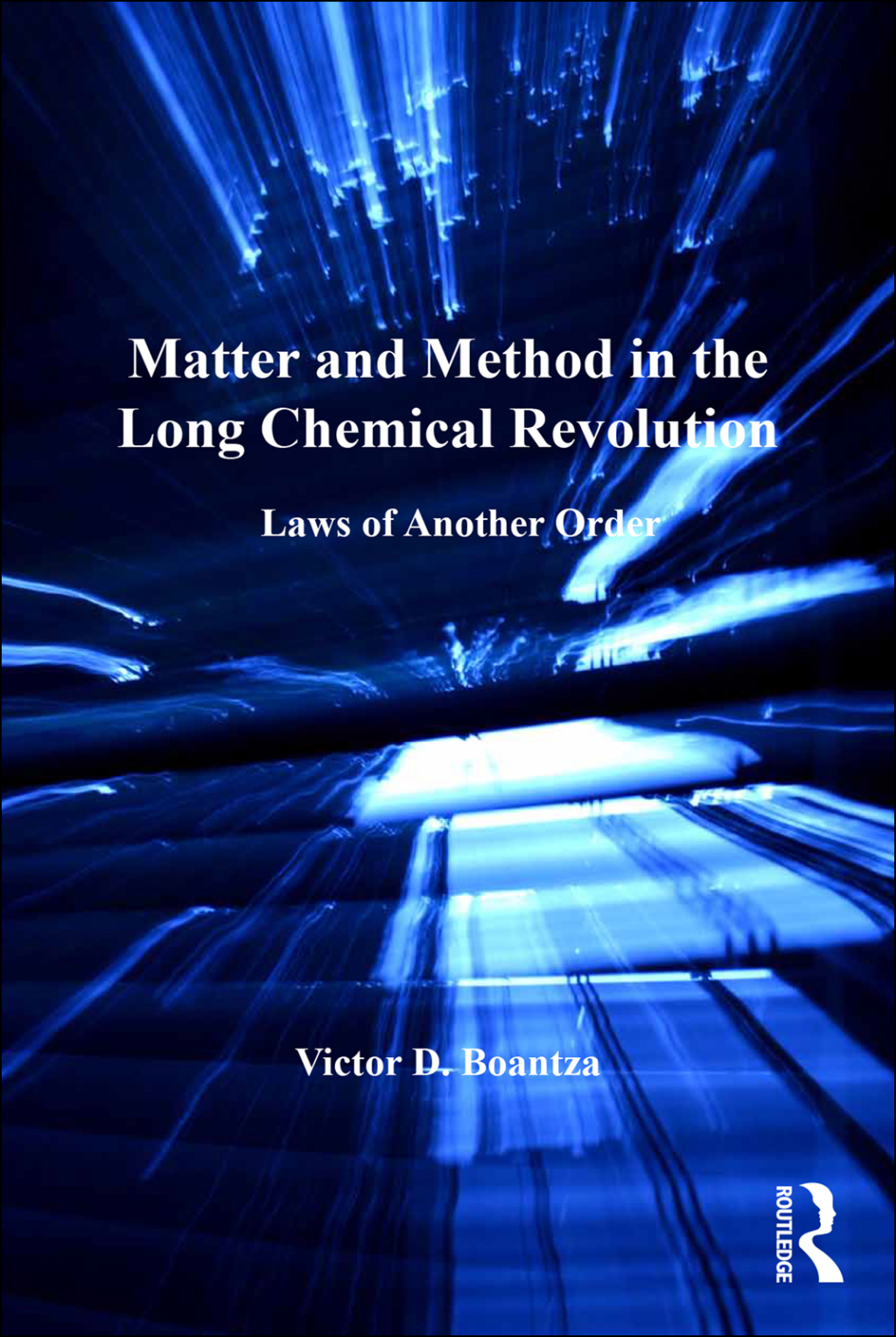Description
The seventeenth-century scientific revolution and the eighteenth-century chemical revolution are rarely considered together, either in general histories of science or in more specific surveys of early modern science or chemistry. This tendency arises from the long-held view that the rise of modern physics and the emergence of modern chemistry comprise two distinct and unconnected episodes in the history of science. Although chemistry was deeply transformed during and between both revolutions, the scientific revolution is traditionally associated with the physical and mathematical sciences whereas modern chemistry is seen as the exclusive product of the chemical revolution. This historiographical tension, between similarity in ’form’ and disparity in historical ’content’ of the two events, has tainted the way we understand the rise of modern chemistry as an integral part of the advent of modern science. Against this background, Matter and Method in the Long Chemical Revolution examines the role of and effects on chemistry of both revolutions in parallel, using chemistry during the chemical revolution to illuminate chemistry during the scientific revolution, and vice versa. Focusing on the crises and conflicts of early modern chemistry (and their retrospectively labeled ’losing’ parties), the author traces patterns of continuity in matter theory and experimental method from Boyle to Lavoisier, and reevaluates the disciplinary relationships between chemists, mechanists, and Newtonians in France, England, and Scotland. Adopting a unique approach to the study of the scientific and chemical revolutions, and to early modern chemical thought and practice in particular, the author challenges the standard revolution-centered history of early modern science, and reinterprets the rise of chemistry as an independent discipline in the long eighteenth century.






